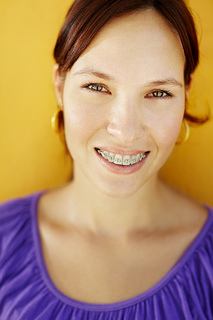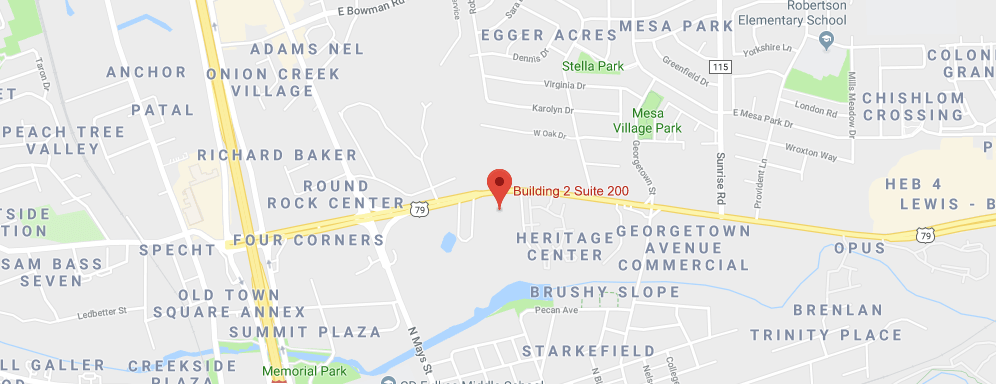Why should I visit the dentist during my treatment?
March 20th, 2024

So, you just got your braces on, and you're wondering why you should continue visiting your general dentist since you’re seeing Dr. Paul Gates every other month. Patients always ask us if they should continue to see their dentist while in orthodontic treatment. In short, the answer is yes.
Today, we thought we would share a few reasons why it’s crucial to keep up with your regular visits with your dentist in addition to coming in for your regular adjustments at Round Rock Orthodontics.
One of the best reasons to visit your dentist while you undergo orthodontic treatment is to remove plaque and tartar. Having braces provides additional nooks and crannies in which food particles and bacteria can hide. Eventually, plaque and tartar can form around your brackets, bands or other appliances which can lead to cavities. Having your teeth professionally cleaned can help ensure most, if not all, plaque and tartar is removed. Even if you are undergoing clear aligner treatment, dental checkups and cleanings are equally as important.
The next reason to visit a dentist is to help protect your teeth from decalcification, or the loss of calcium in your teeth. A potentially serious condition in which white spots on your tooth surfaces, decalcification is irreversible and if left untreated, can lead to cavities. Decalcification is preventable; patients who cut down on sugary sweets and acidic foods, practice good oral hygiene, and visit their dentist regularly can help prevent decalcification.
The final reason we recommend visiting your dentist while you have braces is this: cavities can prolong your treatment. If you are interested in completing your orthodontic treatment on time and without any delays, visiting your dentist every six months or as recommended can go a long way toward making that a realistic goal. Your dentist can provide fluoride treatments or other treatments that strengthen your teeth and protect them from cavities.
Making sure to visit your dentist will help ensure your teeth look their best once your braces come off. If you do not have a general dentist and would like a recommendation on finding one in the Round Rock, TX area, please give us a call or let us know at your next adjustment appointment!




